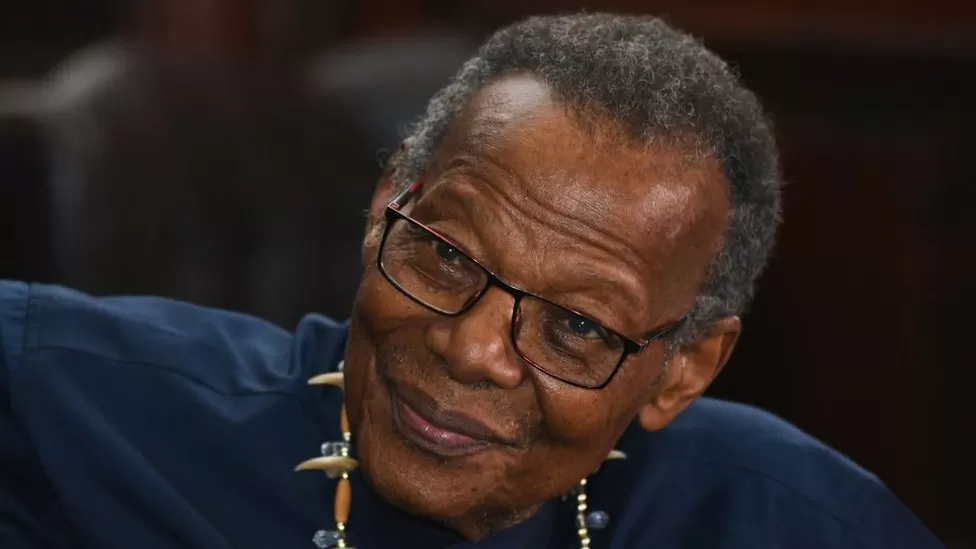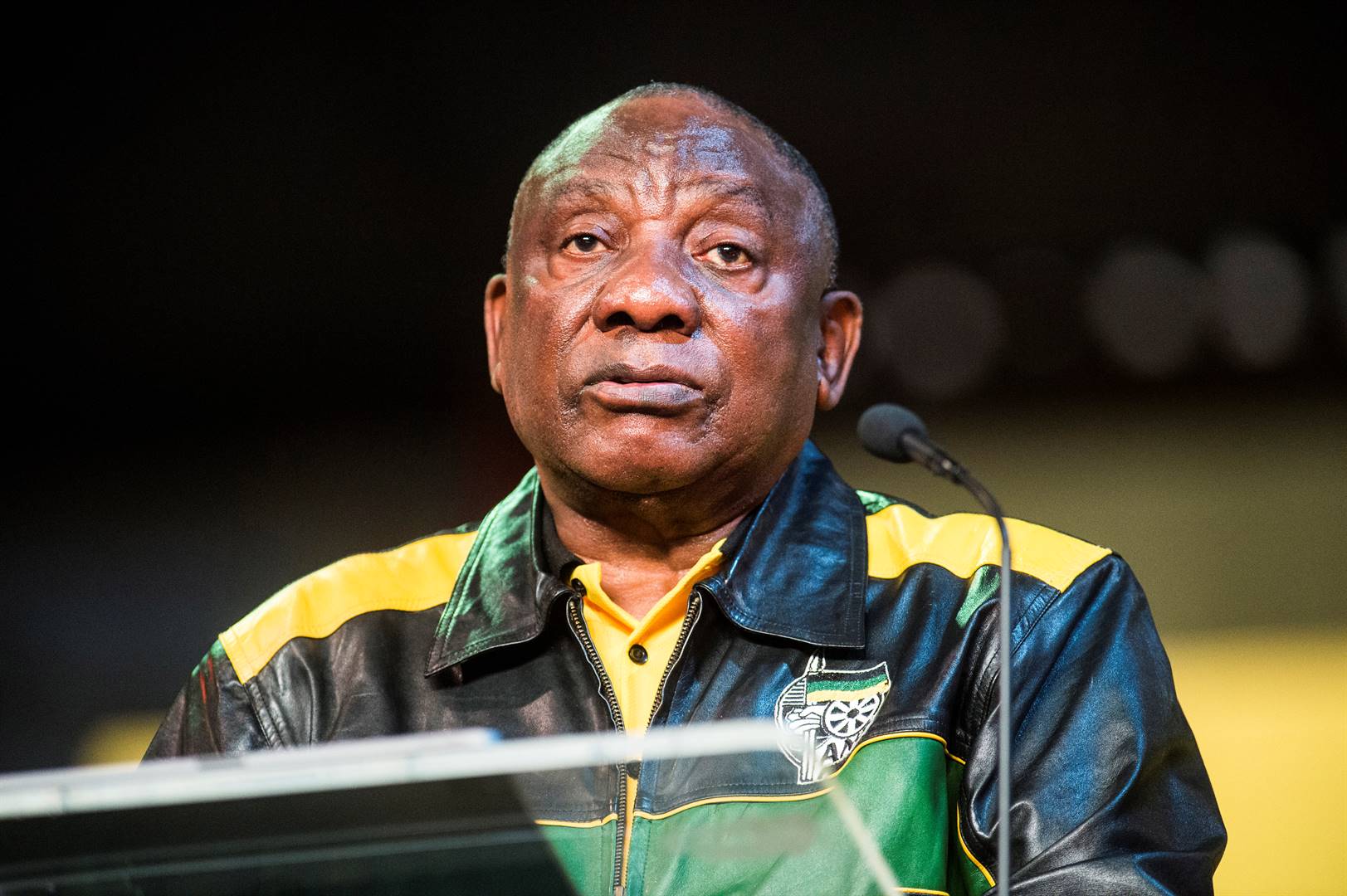Mangosuthu Buthelezi, Zulu leader, dies at 95

DEARLY DEPARTED: Mangosuthu Buthelezi
Mangosuthu Buthelezi, a prominent Zulu leader and a key figure in South Africa’s struggle against white-minority rule, has died at the age of 95.
His family said he passed away peacefully in the early hours of Saturday, two weeks after celebrating his 95th birthday.
Buthelezi was the founder and president emeritus of the Inkatha Freedom Party (IFP), which he established in 1975 after breaking away from the African National Congress (ANC).
He was also a traditional prime minister of the Zulu nation, a position he inherited from his grandfather in 1953.
He was widely respected for his role in opposing apartheid and promoting democracy, but also controversial for his involvement in violent clashes with the ANC in the early 1990s.
A moderate voice
Buthelezi was born on 27 August 1928 in Mahlabathini, KwaZulu-Natal province. He was educated at Fort Hare University, where he met Nelson Mandela and other future leaders of the liberation movement.
He joined the ANC Youth League in 1944 and became its provincial secretary in 1951.
He later served as the ANC’s chief representative in Europe from 1962 to 1964, before returning to South Africa to lead the Zulu homeland of KwaZulu.
He opposed the creation of independent homelands by the apartheid regime, which he saw as a way of dividing and weakening the black majority.
He also rejected the ANC’s strategy of armed resistance and advocated for peaceful negotiations with the white government.
He was one of the few black leaders who opposed international sanctions on South Africa, arguing that they would hurt the poor and prolong apartheid.
He maintained cordial relations with some white politicians, such as former President FW de Klerk, who praised him as a “moderate voice” and a “man of principle”.
A divisive figure
Buthelezi’s moderate stance earned him criticism from some quarters, especially from the radical wing of the ANC, which accused him of being a collaborator and a puppet of the apartheid regime.
He denied these allegations and insisted that he was loyal to the liberation cause.
However, tensions between his IFP and the ANC escalated into bloody conflicts in the late 1980s and early 1990s, mainly in KwaZulu-Natal and Gauteng provinces.
Thousands of people were killed in what became known as “black-on-black” violence, fuelled by political rivalries, ethnic divisions and alleged interference by apartheid security forces.
Some feared that the violence could derail the transition to democracy and spark a civil war.
Buthelezi initially refused to participate in the first democratic elections in 1994, demanding more autonomy for his homeland and more representation for minority parties.
He only agreed to join the process after Mandela personally intervened and offered him a cabinet post.
A loyal ally
Buthelezi served as Minister of Home Affairs under Mandela from 1994 to 2004. He was praised for his role in introducing a new national identity document, a new immigration policy and a new national anthem.
He also supported Mandela’s efforts to reconcile the nation and heal the wounds of the past.
He remained loyal to Mandela even after their parties became rivals in subsequent elections.
He also forged a close friendship with Mandela’s successor, Thabo Mbeki, who appointed him as acting president on several occasions.
Buthelezi stepped down as IFP leader in 2019, after leading the party for 44 years. He handed over the reins to Velenkosini Hlabisa, who described him as a “giant among men” and a “mentor”.
He continued to serve as an MP until his death. He was also active in various cultural and religious organisations, such as the World Council of Churches and the World Conference on Religion and Peace.
A formidable leader
Buthelezi’s death has been met with an outpouring of condolences from across the political spectrum.
President Cyril Ramaphosa said he had “played a significant role in our country’s history for seven decades”.
“He was a formidable leader in the political and cultural life of our nation, including the ebbs and flows of our liberation struggle, the transition which secured our freedom in 1994 and our democratic dispensation,” Ramaphosa said.
Former President Jacob Zuma, who hails from KwaZulu-Natal and had a tense relationship with Buthelezi, said he was “deeply saddened” by his passing.
“He was one of those leaders who contributed immensely to our struggle for liberation.







